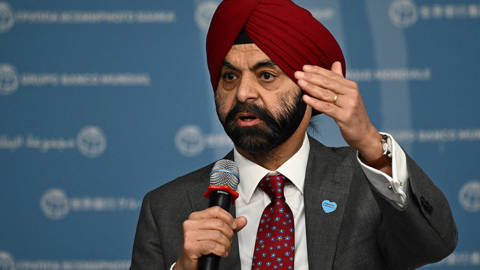Katharina Pistor
Katharina Pistor, Professor of Comparative Law at Columbia Law School, is the author of The Code of Capital: How the Law Creates Wealth and Inequality (Princeton University Press, 2019).
-
Will Boeing Crash Shareholder Value?

Will Boeing Crash Shareholder Value?
Apr 10, 2024 Katharina Pistor sees the troubled company as a textbook example of a broader problem afflicting corporate governance.
-
Elon Musk and the Absolutist Revival

Elon Musk and the Absolutist Revival
Feb 13, 2024 Katharina Pistor laments the modern cult of the CEO, which allows corporate leaders to pick and choose their own laws.
-
Katharina Pistor on financial risk, wealth creation, digital currencies, and more

Katharina Pistor on financial risk, wealth creation, digital currencies, and more
Jan 23, 2024 Katharina Pistor highlights the government’s role in perpetuating financial-sector fragility, urges stronger enforcement of legal accountability for political leaders, explains why trading nature derivatives should not be confused with protecting nature, and more.
-
In AI, Capital Wins Again

In AI, Capital Wins Again
Nov 28, 2023 Katharina Pistor shows why OpenAI’s efforts to preserve its founding non-profit mission never stood any chance.
-
How Finance Became the Problem

How Finance Became the Problem
Oct 5, 2023 Katharina Pistor catalogues the high costs of transforming almost every political challenge into a priceable asset.








